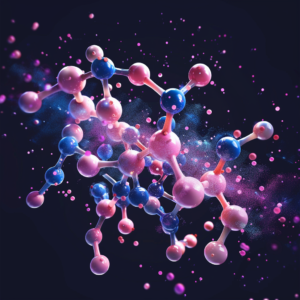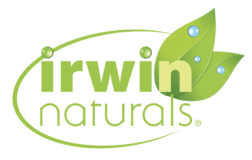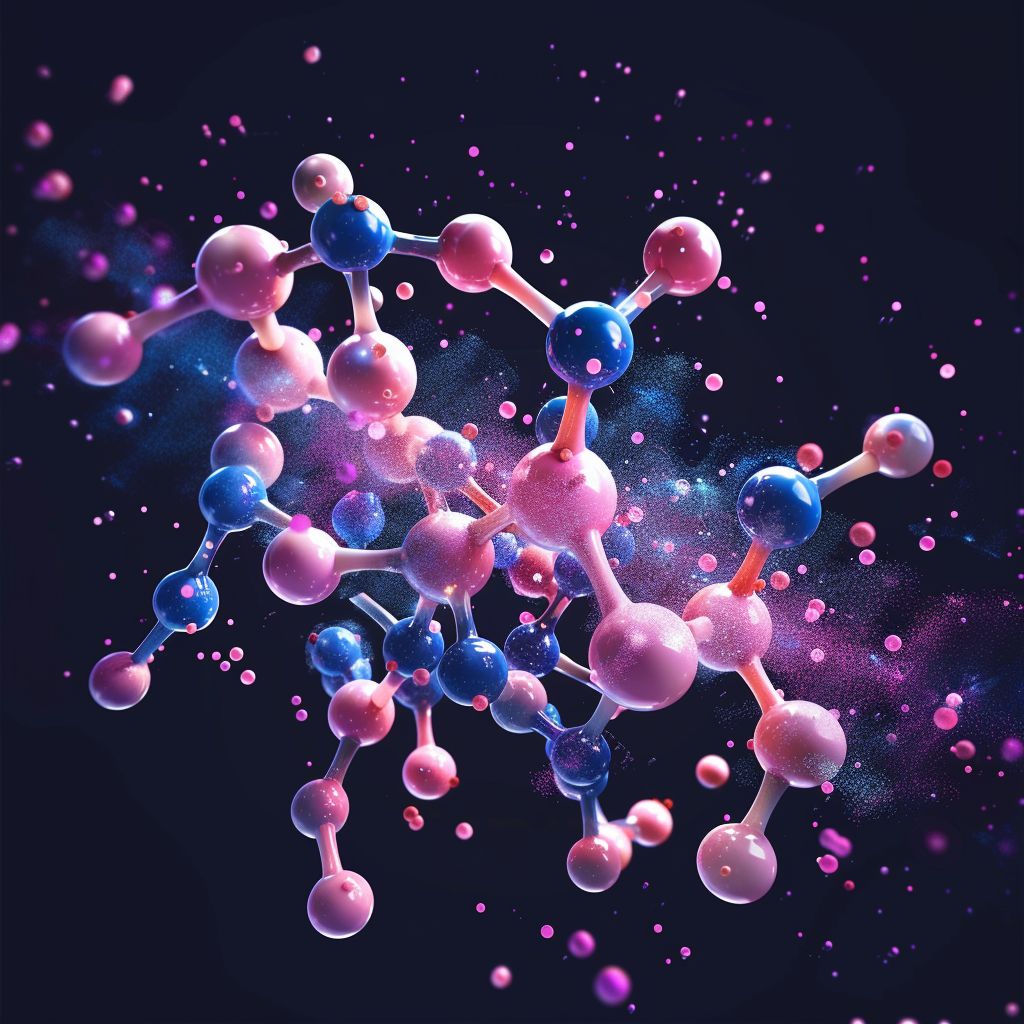In the quest for enhanced athletic performance, athletes and fitness enthusiasts are constantly exploring strategies to push their limits. One such method garnering attention is the supplementation of nitric oxide (NO), a molecule that plays a crucial role in various physiological processes, including the regulation of blood flow and muscle oxygenation. Recent clinical studies have shed light on how nitric oxide can be a game-changer in sports performance, offering insights that could revolutionize training and recovery protocols.
The Role of Nitric Oxide in Sports Performance
Nitric oxide is a vasodilator, meaning it helps relax and widen blood vessels, thereby improving blood flow throughout the body. This enhanced circulation is particularly beneficial during exercise, as it allows for more efficient delivery of oxygen and nutrients to working muscles, while also facilitating the removal of metabolic waste products. Such improvements in blood flow and muscle oxygenation can lead to significant enhancements in exercise performance, including increased endurance, strength, and recovery.

Clinical Studies and Findings
A growing body of research supports the beneficial effects of nitric oxide supplementation on athletic performance. One landmark study published in the “Journal of Applied Physiology” examined the impact of NO on cycling performance. Participants who received nitric oxide supplements showed a marked improvement in their time-to-exhaustion, indicating enhanced endurance capacity.
Another study focused on strength training found that athletes supplementing with nitric oxide precursors experienced improved muscle recovery and growth, attributed to better nutrient delivery and waste product removal. This research suggests that NO supplementation could be particularly beneficial for athletes engaged in high-intensity, anaerobic activities.

Practical Applications and Considerations
Incorporating nitric oxide supplementation into an athlete’s regimen could involve the intake of compounds that increase NO production, such as L-arginine and L-citrulline, found in many sports nutrition products. However, it’s essential for athletes to consult with healthcare professionals before starting any new supplementation, especially considering the variability in individual responses and the importance of proper dosage.
Moreover, dietary strategies can also enhance nitric oxide levels naturally. Foods rich in nitrates, such as beets, spinach, and arugula, have been shown to boost NO production, offering a natural way to enhance athletic performance.
The Future of Nitric Oxide in Sports
As research continues to unveil the potential of nitric oxide in improving athletic performance, it’s clear that NO supplementation could play a significant role in the future of sports nutrition and athlete training protocols. With its ability to enhance blood flow, oxygen delivery, and nutrient uptake, nitric oxide presents a promising avenue for athletes looking to elevate their performance naturally and safely.
In Conclusion
The pursuit of peak athletic performance is a multifaceted endeavor, where even small gains can make a significant difference. Nitric oxide supplementation, backed by clinical studies, offers a promising strategy for athletes aiming to surpass their limits. As with any supplementation, it’s crucial to approach nitric oxide use with informed guidance and a balanced diet to maximize its benefits safely.

